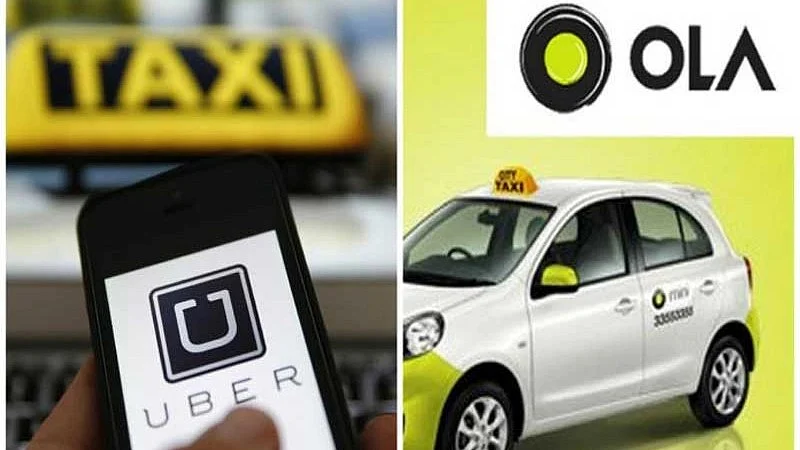Ola Uber Strike: Drivers Unite for Fair Treatement

Introduction
The ongoing strike by Ola and Uber drivers across major Indian cities has gained significant media attention this month. The protests have surfaced against increasing fuel prices and inconsistent earnings, highlighting the critical issues faced by ride-hailing drivers in India. As the gig economy expands, this strike sheds light on the challenges and unrest within the sector.
Details of the Strike
The strike began on October 5, 2023, when thousands of drivers collectively halted their services in cities like Delhi, Mumbai, and Bangalore. They are rallying for better pay rates, affordable commission structures, and improved working conditions. Drivers report that their earnings fluctuate significantly, creating uncertainty and financial stress. Joshi Kumar, a representative of the drivers’ union, stated, “We work long hours, yet our earnings are insufficient to sustain our families due to increasing fuel costs and high commissions taken by the platforms.”
Support has come from various labor rights organizations, which emphasize that drivers are not just workers but entrepreneurs facing the brunt of the capitalistic model adopted by these companies. They argue that the algorithms used to determine fares are often opaque and contribute to inequity in earnings.
Government and Company Responses
In light of the protests, the companies have stated that they are committed to supporting their drivers but it is challenging due to market dynamics. Ola announced that they would be reviewing the commission structures and engaging with driver representatives to find a middle ground. Meanwhile, Uber has reiterated their stance on maintaining flexible gig work while emphasizing that it cannot operate without drivers.
Conclusion
The Ola and Uber strike reflects a growing unrest among gig economy workers in India, bringing forward crucial conversations about rights, wages, and worker protection. As the drivers continue their strike, their demands spotlight the need for better regulations in the gig sector to ensure fair compensation and treatment. If the situation persists, it may lead to a reevaluation of how ride-hailing platforms operate in India and their responsibility towards the workforce that drives their services. Observers predict that the drivers’ plight will likely influence public and policy perceptions, potentially leading to labor reforms that could reshape this essential part of the transportation ecosystem.









